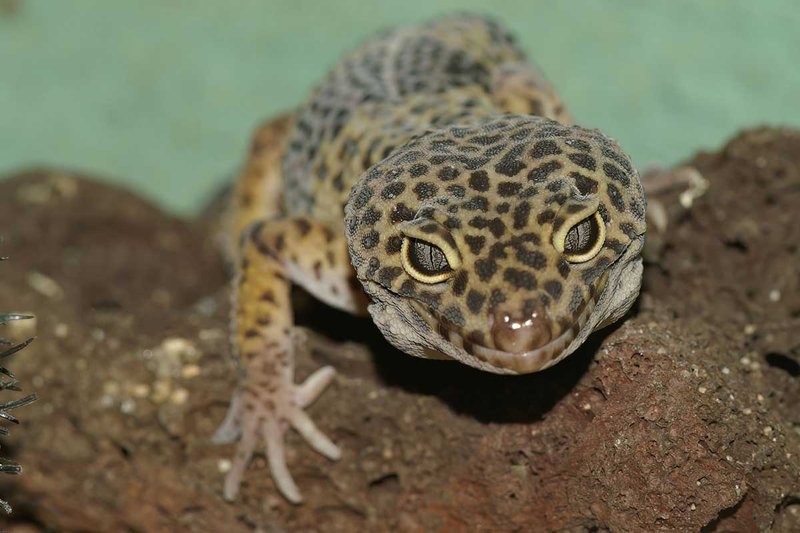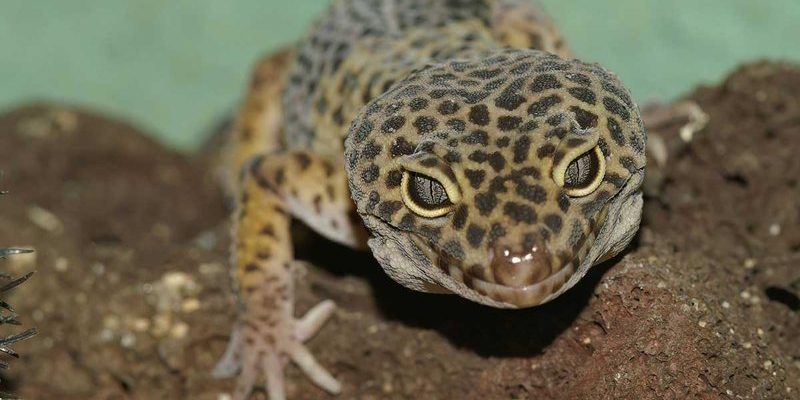
Leopard geckos, native to the arid regions of Asia and the Middle East, have gained popularity in the pet trade because of their friendly nature and stunning colors. But you might be asking yourself, “How long can I expect my little buddy to stick around?” The lifespan of leopard geckos in captivity is a topic that unveils several factors—from their diet to their habitat conditions—that can significantly influence how long they thrive. Grab a cup of coffee, and let’s dive into what affects leopard gecko longevity.
Understanding Leopard Gecko Lifespan
Leopard geckos typically live 10 to 20 years in captivity, depending on various factors. If that sounds like a huge range, you’re not alone in thinking that! The reality is, just like with humans, some geckos thrive while others might face challenges. Their time on this planet can be influenced by everything from genetics to how well they’re cared for.
When you picture caring for a pet, it’s not just about the cuddles (or in a gecko’s case, the moments of watching them explore) but also the responsibilities involved. Think of it like planting a tree. With proper care—right nutrients, good soil, and adequate sunlight—your tree has a better chance of growing strong and lasting for years to come. Similarly, the right environment and diet can significantly extend your leopard gecko’s life.
You might be wondering, what does that mean for you as a pet owner? Well, it means knowing what your gecko needs to thrive is essential. Investing in their habitat, understanding their diet, and keeping them healthy will go a long way in promoting a long lifespan.
Factors Influencing Lifespan
Several factors play a critical role in determining how long your leopard gecko will live. These include genetics, diet, habitat, and overall care. Let’s break these down a bit.
Genetics
Just like people, not all leopard geckos are created equal. Some may have a genetic predisposition to health issues, which can affect their lifespan. When you choose a gecko, it’s wise to look for healthy specimens from reputable breeders. A gecko born to healthy parents is more likely to have the genes that will promote a longer, healthier life.
Diet
A balanced diet is crucial for your gecko’s well-being. They thrive on a diet of insects, such as crickets, mealworms, and roaches, along with occasional fruits and vegetables. A well-rounded meal plan will not only help them grow but also keep their immune system strong. If you’re feeding them a poor diet, like only one type of insect, you could be sabotaging their health and lifespan.
Habitat
Creating a comfortable habitat is another vital aspect. Leopard geckos need a warm environment to thrive, usually with a temperature gradient that allows them to move back and forth from warm to cool areas of their enclosure. A well-decorated terrarium with hiding spots and proper humidity levels can significantly affect their longevity.
Make sure to provide:
- A proper heating source
- Quality substrate
- Hiding spots
- Water source
Without these elements, they may experience stress, which can lead to health issues down the line.
Health and Veterinary Care
Regular check-ups are just as important for your leopard gecko as they are for your dog or cat. Even if your gecko seems healthy, a vet specializing in reptiles can help catch any underlying issues early.
Common Health Issues
Leopard geckos can face various health problems, including metabolic bone disease, respiratory infections, and parasites. Being proactive about their health can help you avoid serious issues that might cut their lifespan short. For instance, if your gecko shows signs of lethargy or abnormal eating habits, it’s crucial to consult with a vet.
Preventative Care
Routine care can go a long way. Providing the right supplements, like calcium and vitamin D3, is crucial. Also, maintaining a clean habitat reduces the risk of infections. You wouldn’t want to live in a messy house, so why should your gecko? Keeping things tidy will keep stress low and health high.
The Importance of Mental Stimulation
Believe it or not, leopard geckos benefit from mental stimulation just like you do! Boredom can lead to stress and health problems. You might be wondering how to keep your little buddy engaged.
Interactive Environment
Consider adding toys or enrichment items to their habitat. Things like branches, caves, and even gentle climbing surfaces can help keep things interesting. Regularly rearranging their environment can stimulate curiosity and make their home feel new.
Handling and Interaction
Gently handling your gecko for short periods can also be a great way to bond. Just be sure to let them approach you on their own terms. Every time you interact positively, you reinforce trust and allow them to feel secure, which contributes to longer life.
In summary, if you’re thinking about welcoming a leopard gecko into your home, be prepared for a long-term commitment. With an expected lifespan of 10 to 20 years, your gecko can become a cherished part of your family. Remember, their health and happiness largely depend on your care—like a tiny little tree that needs nurturing to grow strong and beautiful.
Investing time in their habitat, diet, and health will pay off in the form of a longer, healthier life. So, stock up on those crickets, make sure their home is cozy, and enjoy the journey with your scaly friend! After all, a happy leopard gecko is a long-lived leopard gecko.

